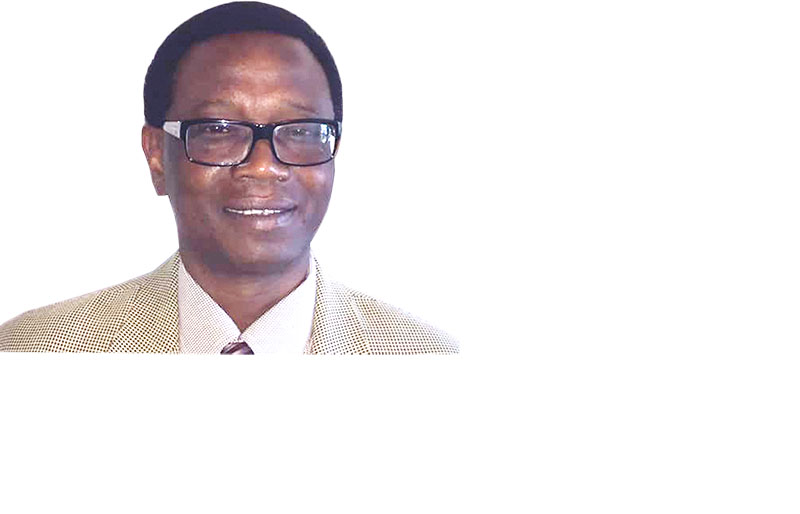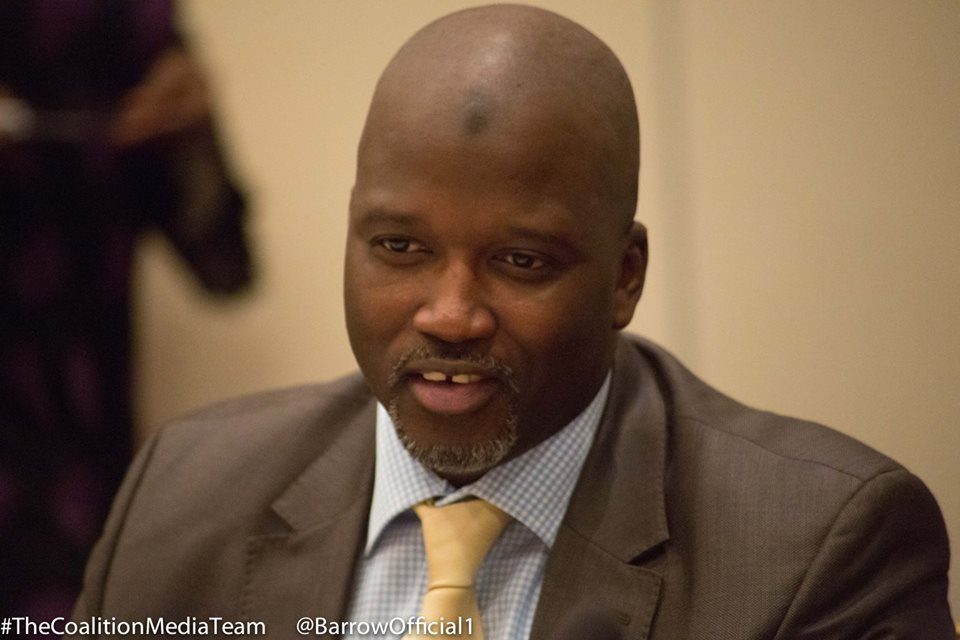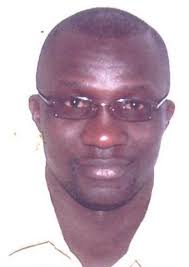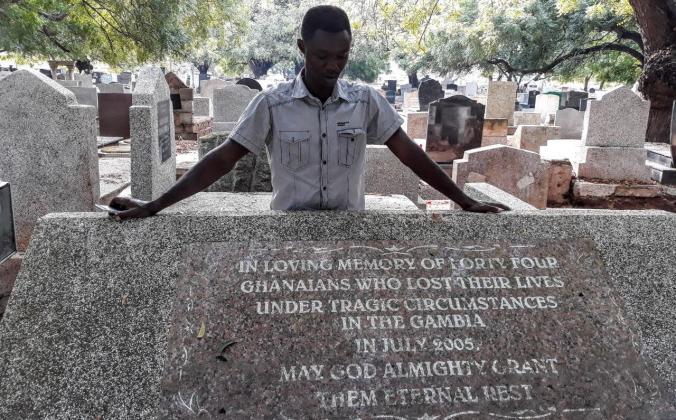Finally we have a date: The TRRC will hold its first public hearing on Monday January 7, 2019. The decision was finalized at a meeting of the commissioners and senior staff of the Secretariat at Dunes Resort on Wednesday, December 5. We are confident that all necessary logistics will be in place and tested before January 7. Like we mentioned in a previous update, our Research and Investigations Unit and our Legal Team have prepared the witnesses who will first appear before the commission.
The first hearings will focus on the July 22nd, 1994 coup and circumstances surrounding it. Our teams have also started working with witnesses for the events of November 11, 1994. After that, the process will move into 1995 and look, among other events, at the case of former Finance minister Ousman Koro Ceesay.
At this point, we ask all Victims of Human Rights Violations of the 1994 coup to please come to the TRRC Headquarters at Dunes Resort, Kololi and share their statement. If they are unable to come to the TRRC HQ, they may call 9348929 or 2949170 and arrangements will be made to take their statement. Anyone that has any information on Human Rights Violations that will be helpful to the TRRC is also encouraged to come to our offices or call the above two numbers.
We will be sharing more phone numbers with the public and conducting outreach exercises to reach out to those who cannot call or come to the TRRC headquarters. Some of this outreach could be done by reaching out to the various Victim representative in all the regions and asking them to help amplify the message. The objective is to give all victims of 1994 and every year within our mandate period a chance to share their statement if they so desire.
Meanwhile, we are happy to report that the medical board we requested from the Ministry of Health has been set up and has started seeing victims. Indeed, it was set up just a few days after our request letter of November 5th, 2018. Board members include Dr. Charles Roberts – Chairman, Dr. Tijan Senghore, Dr. Kebba Marenah, Dr. Pedro – Psychiatrist, and Mr. Samba Bah – Physiotherapist. For the past three Wednesdays (November 21, November 28 and December 5) the board has seen and examined some of the victims needing urgent medical attention.
These include four April 10/11 2000 victims and victims from the April/May 2016 incidents. All victims were accompanied to their appointments by members of the TRRC’s Victim Support, Women’s Affairs, and Youth and Children’s Network units. Our staff also accompanied some of them to have prescribed CT and x-ray scans taken at Bafrow and other clinics.
The TRRC facilitated transportation and paid the modest costs of the scans and other small related expenses. We hope to receive the report and recommendations of the medical board as soon as they finish their work with the victims. We will continue doing our best to assist victims needing urgent medical attention to get it at the earliest possible time.
We have also responded to a letter sent to the TRRC Secretariat by six United States senators last month. In their letter of November 19, 2018 the senators urged the TRRC to include in our agenda a review of the case of disappeared Gambian journalist Chief Ebrima Manneh.
We have assured the senators that Manneh’s case is indeed on our list of cases to be reviewed and that no stone will be left unturned to make sure that the truth surrounding his arrest and disappearance is brought to light. The senators were also advised that since we are working on a year to year basis starting from 1994, and since Manneh’s case started in 2006, it will take a little while before it receives a full research and investigative focus.
In the near future, a separate update on our Never Again campaign and other activities of our research and investigations, victim support, women’s affairs, reconciliation, and youth and children’s network units will be shared with the general public. The TRRC seeks the nation’s support and prayers as we prepare for our first hearing on January 7, 2019.
#NeverAgain
Author: Baba Galleh Jallow





